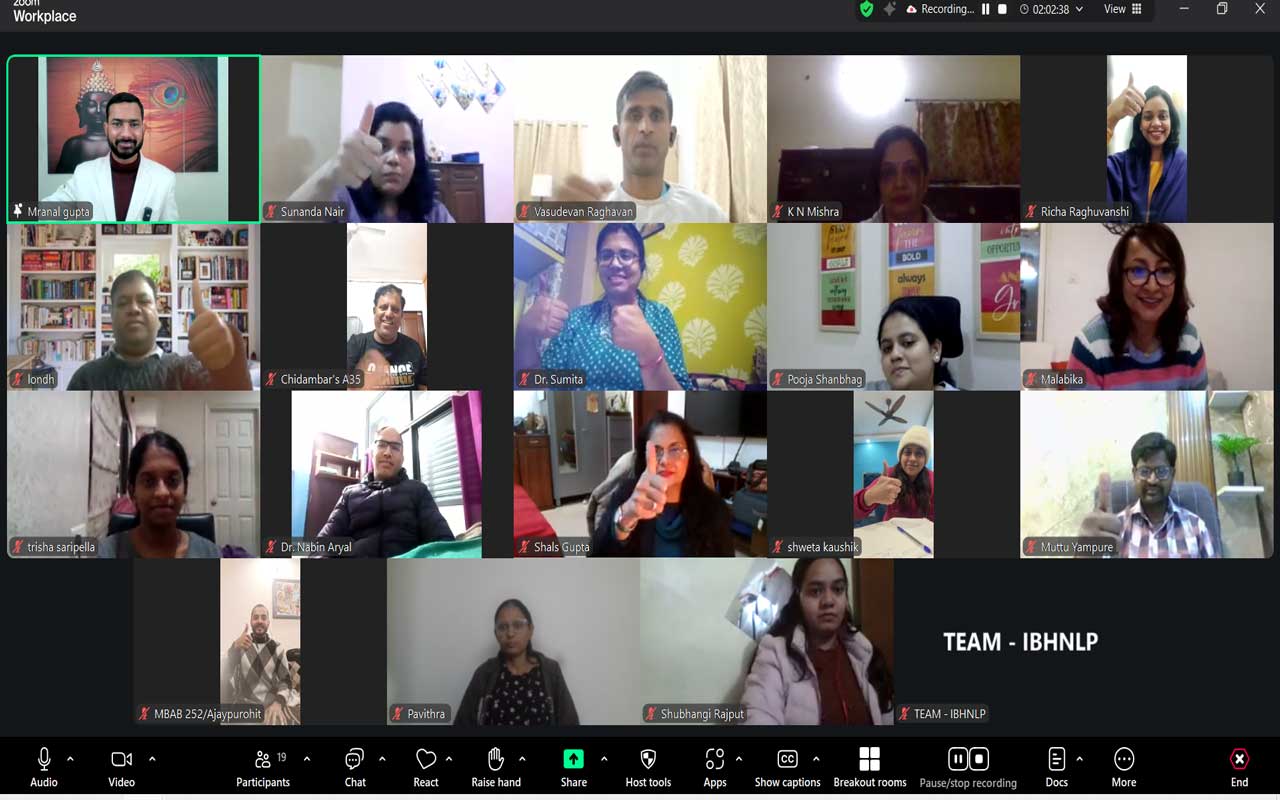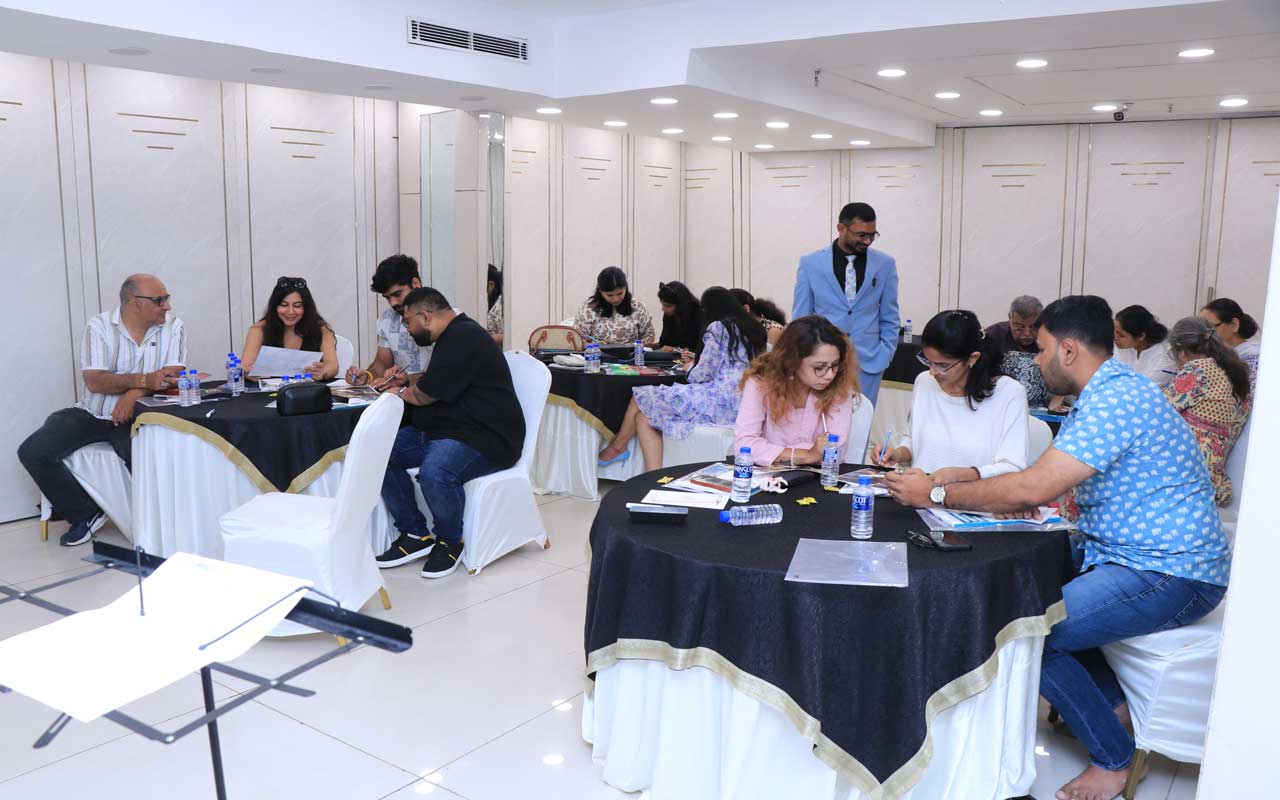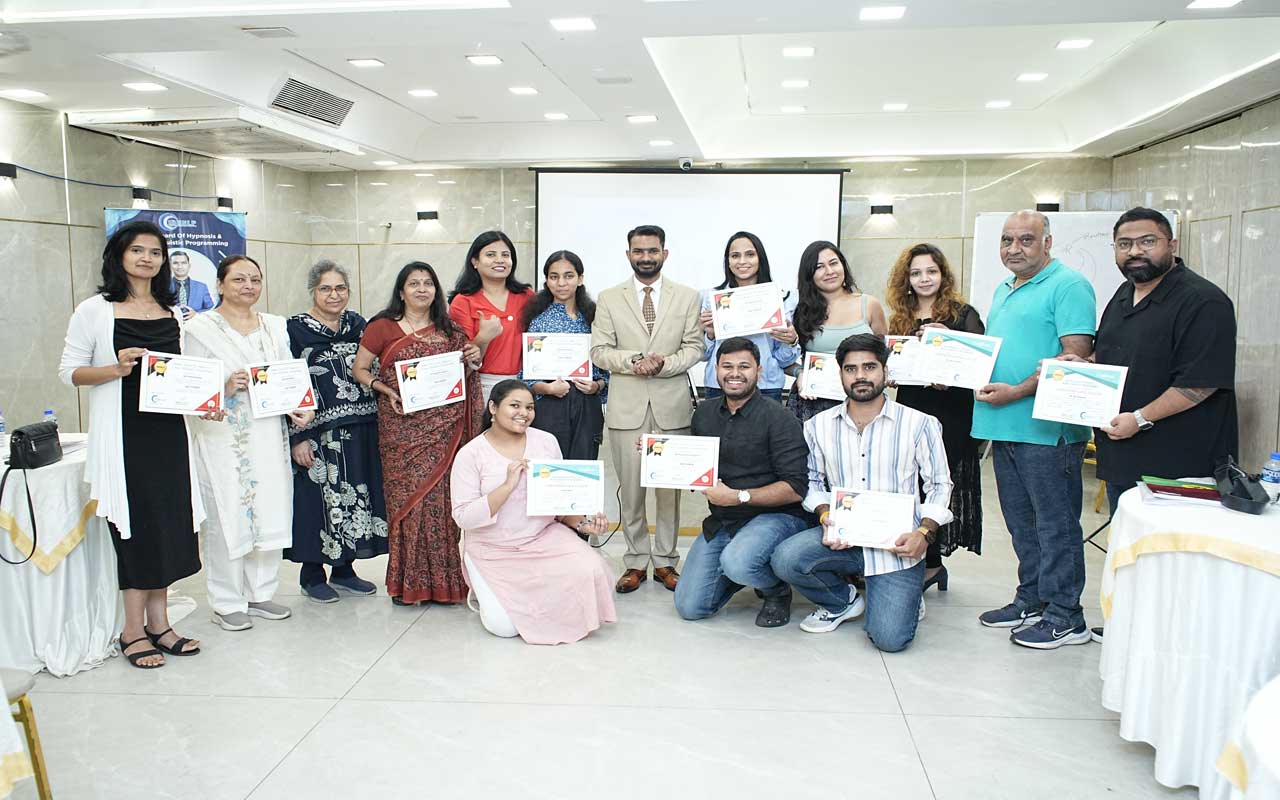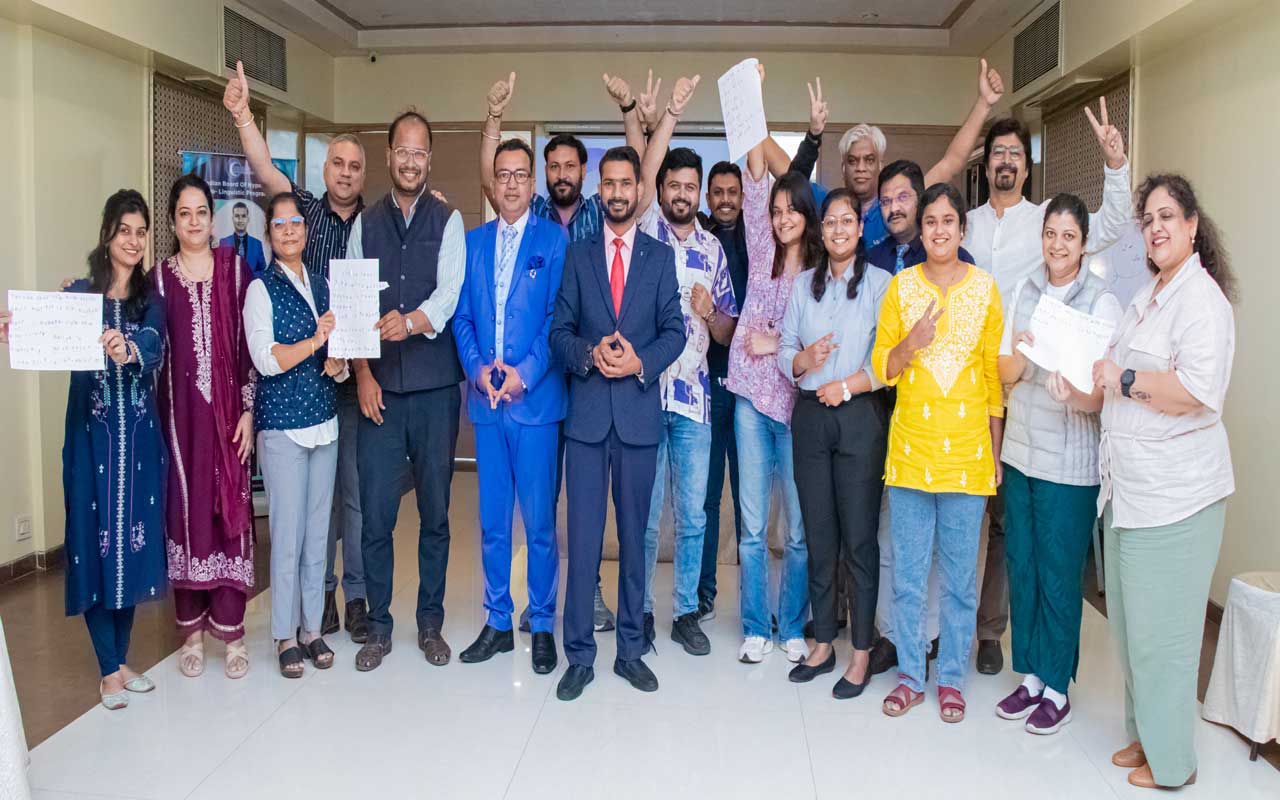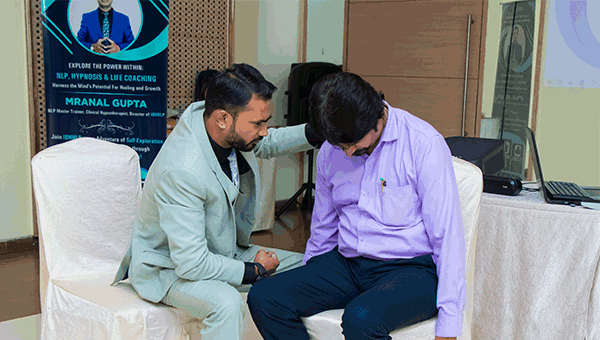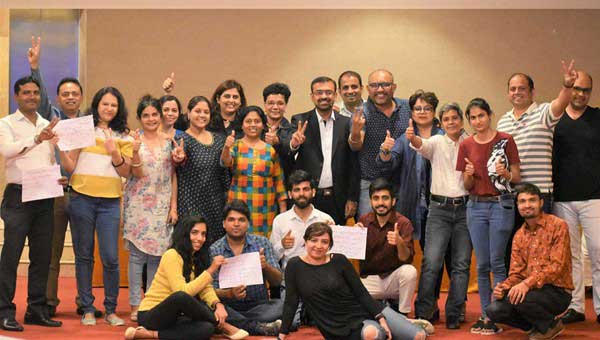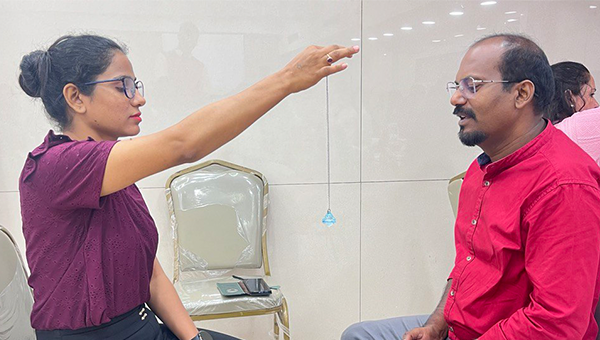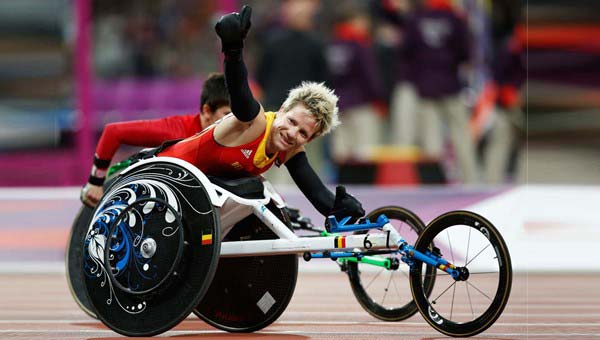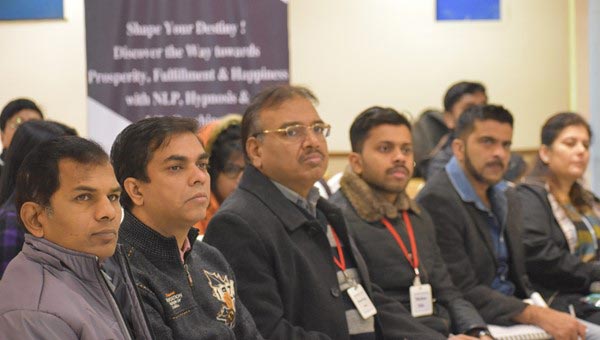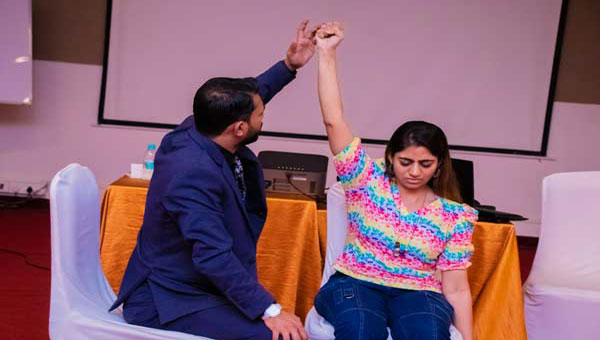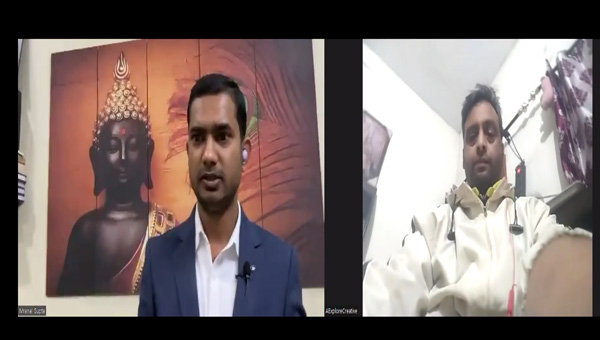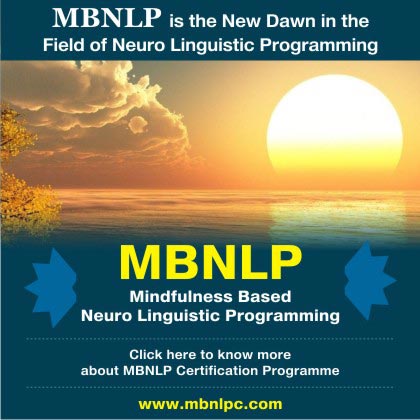A Brief History of NLP (Neuro-Linguistic Programming)
A short History of NLP (Neuro-Linguistic Programming)
If you want to do NLP Practitioner or NLP Master in India, then you must know the brief history of NLP. Those who are willing to do NLP Practitioner Certification Training must go through this information beforehand. That would deepen their understanding of NLP. NLP has a long history of 40-45 years. There are now thousands of NLP Training Organizations worldwide and hundreds & thousands of NLP Practitioners and Coaches. It has come to stay! NLP stands for Neuro-Linguistics Programming. Neuro-Linguistics programming is the systematic study of human conditioning, human communication & human performance. The structure of the subjective experience can be modified, improved upon and removed. NLP makes the structure in your brain and sets a path for growth, and change at a deeper level, much quicker than originally believed, was possible. NLP studies the structural patterns underneath human behaviour.
The original goal of Neuro-Linguistic Programming was therapeutic, but later on, these skills were adapted for use outside Psychotherapy for Personal Change, Interpersonal Communications and Persuasion including Business Communication, Management Training, Sales, Sports and Interpersonal Influence, used for Coaching, Team Building, Public Speaking, Negotiation, and Communication. Many books have been published related to NLP & the application of NLP to Coaching & Counselling.
It is generally said that NLP started in the early 1970s when Richard Bandler, a 20-year-old Psychology Student met and became friendly with Dr John Grinder, who was an Assistant Professor of Linguistics at the college. Richard Bandler was a student of maths and was studying computer science as well. He eventually became more interested in the behavioural science field. NLP is often considered to be originated from computer programming, and a linguist means the programming of the brain through language patterns.
Bandler modelled the methods used by Virginia Satir (1916-1988), Internationally Esteemed Family Therapist; co-founder of the Mental Research Institute (MRI). Bandler modelled the work of Fritz Perls (1893–1970) as well, who developed a sub-branch of psychotherapy that is known as gestalt therapy. Influenced by Perls' work, Bandler formed study groups and gave workshops, that were centred around gestalt therapy. Bandler and Grinder collaboratively studied the principles, governing the language structure of gestalt therapy. They wanted to define the techniques and skills used by successful therapists in their therapy sessions.
What is so special about NLP?
Bandler and Grinder did whatever worked. They studied the behaviour, writings, and recordings of Satir and Perls to know exactly what had made these two therapists exceptional. How did they produce excellence in their work? That was the key question which made both of them think.
The first book published by Bandler and Grinder on NLP was the techniques used by Perls and Satir, 'The Structure of Magic, Vol I' & then very soon, they also published 'The Structure of Magic, Vol II'. In these books, they identified language patterns & characteristic of effective therapists. They published those books in 1975 and 1976. They published their second book, 'Frogs into Princes', which was a transcript of an early seminar on the teachings in 1979.
Bandler and Grinder started to model other great communicators of that time once achieving outstanding results & replicating the methods used by Perls and Satir. Both were so much influenced by Gregory Bateson that they studied the work of Alfred Korzybski (1879-1950). Both of them studied the works of the famous medical hypnotist Milton Erickson (1901–1980) of their time. They also studied the works of Noam Chomsky (1928-present), an American linguist, cognitive scientist, philosopher and political commentator, who had already developed transformational grammar near the end of the 1950s.
Meanwhile, Bandler and Grinder's attention came to Milton Erickson's techniques and incorporated Erickson's manner of conversational hypnosis into the NLP. He was skillfully communicating to the unconscious of clients with "artfully vague" techniques. Erickson concentrated on building rapport and started meeting that person in his model of the world to remove resistance from the unconscious. These techniques of Erickson became the heart of NLP and is known today as the "Milton Model."
As insights and knowledge of Grinder and Bandler developed, the other researchers also started to expand and contribute to NLP. NLP now include the work of, Robert Dilts, Leslie Cameron Bandler, Judith DeLozier, and David Gordon. Each individual contributed and helped expand on the work done by Bandler and Grinder. The success of NLP & trust NLP grew from a collective and creative group of contributors from the wide range of areas.
The Master of Personality Development Industry Tony Robbins also started his career as an NLP Trainer. He used to work with Richard Bandler. We will deal with NLP & Anthony Robbins' contribution to it in another blog.
Over the past two decades, NLP gained massive momentum and has been spreading across the world through International and Local Trainers. Last few years have really been fruitful for NLP because now it is used as a framework for Counselling, Coaching, Leadership Development, Sales Training, Effective Communication Development training etc. NLP Coaching is very helpful & effective when it comes to these trainings and the results that people are getting by using NLP in their Personal and Professional lives.
NLP now hasn't remained an individual's monopoly. It has many contributors & many streams. It is a continuously developing field. It is growing through research, sharing ideas and NLP Trainings, NLP Coaching, NLP Conferences. As I said in the beginning, NLP is here to stay & it's definitely going to rule the Training & Development Field.
In NLP Practitioner courses run by IBHNLP (Indian Board of Hypnosis & Neuro-Linguistic Programming), you have not only the benefit of learning NLP Tools for yourself but also for the broader world beyond that. Join our upcoming NLP Practitioner Certification Course in Mumbai, Pune, Delhi, Bangalore & Ahmedabad to reap all the benefits for your Personal & Professional Growth.
IBHNLP has the best NLP Master Trainers available at present in India to ensure the best quality training experience. If you are really searching the best NLP certification programs, then you should notice that it's the only Institute providing Online Post Training Support after the completion of NLP Courses. Finally, I would say: just do it! Take Action and register yourself today for upcoming NLP Practitioner Course near your city.


